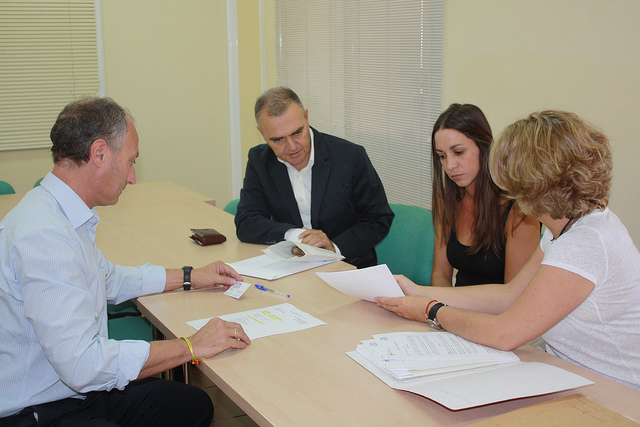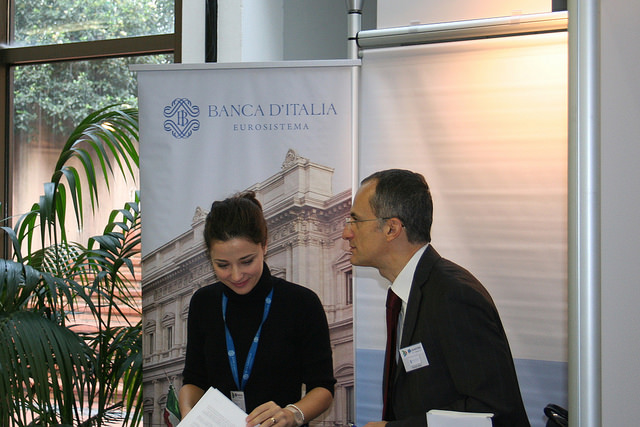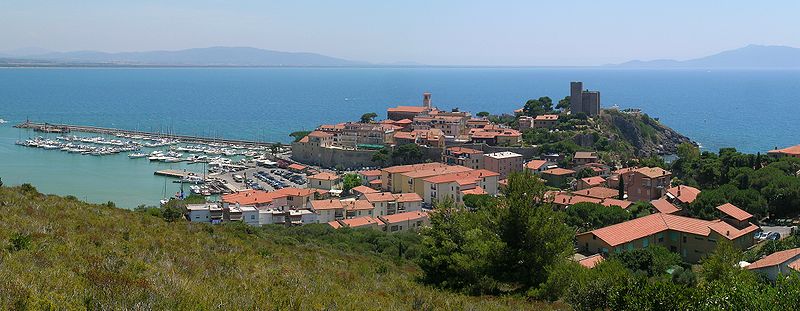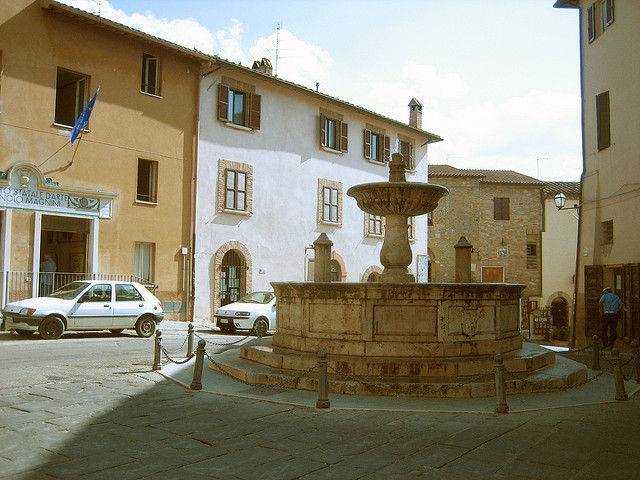Italian Real estate Contract
Il contratto preliminare di compravendita immobiliare
STAGES
Buying a property in Italy involves three stages:
- Proposta d’acquisto
- Contratto preliminare
- Rogito Notarile
However, after you agree on price, and providing the vendor accepts your offer (proposta d’acquisto), the key and often-underestimated part of the process is drawing up and signing the contratto preliminare di compravendita immobiliare (commonly named the compromesso). But what is the contratto preliminare? When is it formed? What obligations do both parties face? Is it legally binding? When does it become enforceable? And what happens if there’s a breach of contract?
A binding promise
The contratto preliminare works on the promise-principle that the parte promittente alienante (vendor) promises to sell a property to the parte promissaria acquirente (buyer), who promises to buy it. It is also called the scrittura privata per la promessa di vendita di beni immobili. The contract is formed after initial negotiations (trattative) have been successfully completed, the source of the contractual obligation being the promise itself. However, the contratto preliminare is governed by Italian law (ordinamento giuridico Italiano) and the provisions contained in the Civil Code. It is therefore, a legally binding contract to all intents and purposes.
According to article 1351 of the Italian Civil Code the contratto preliminare is void if it isn’t in the same form as a definitive contract, as prescribed by law. In other words, the contratto preliminare is really a definitive contract. Not only does it become immediately effective, it locks both parties into the transaction, committing them to either the atto publico (public title deed of sale) or the scrittura privata autenticata (legalised private document).
But the term preliminary can be a little misleading. A good example is illustrated by a case in English law where during negotiations the vendor wrote to the buyer that he was prepared to offer his estate for a certain price. The vendor also agreed to grant the buyer reasonable and sufficient time for the examination and consideration of all details necessary to prepare a Schedule of Completion. However, the Court of Appeal held that these words did not amount to a firm offer to sell in a legal sense, but constituted a preliminary statement as to price. In Italian something preliminary (contractually speaking) is called the fase precontrattuale. Under Italian law the contratto preliminare di vendita is neither a preliminary statement about price nor is it an invitation to make an offer to buy. It is a legally binding contract that becomes enforceable when both parties sign on the dotted line.

at www.flickr.com)
DIY
According to top newspaper Il Sole 24 Ore, Italians have a bad habit of DIY when shaping and wording contracts with far-reaching consequences. It’s even more surprising to note how many non-Italians resort to DIY conveyancing without knowing next to nothing about the host country, its language, its prevailing laws and legal loopholes and the amount of red tape involved. Yet this seems so typical of many foreign house hunters.
For example, it is just possible that someone may promise to sell a property that is not entirely his/hers to sell in the first place. The most common example is joint ownership: selling a house without the full agreement of co-owners. Other potential problems can also stem from matrimonial or relationship issues, planning restrictions, financial charges, and rights of way. Structural problems may also be hidden from view, especially when people avoid commissioning surveys because they either rely on what the vendor tells them and partly because they don’t want to incur in extra costs. But these examples are not exhaustive. Remember, once you have signed the contract it may be difficult for you to obtain legal recourse, should things go wrong.
You might think you can succeed mainly by luck, but a misunderstanding of cultural differences can lead to problems, if you are not careful. The contract must contain all details pertaining to the property, as well as relevant clauses and essential terms and conditions. But inaccurate translations can alter the context of statements and mislead or even limit the buyer, so it would be unwise to leave matters in the hands of just anyone, especially those who have a vested interest in selling the property. It is therefore very important not to sign anything you don’t understand. Even if you are able to speak the language, it is still a good idea to seek expert and independent advice.
Once more unto the breach
What happens if there’s a breach of contract? The Civil Code (article 2932) stipulates the contractual obligations of both parties. If either party fails or refuses to perform the contract (contratto non concluso) without lawful reason, they are liable for damages. Two distinct, contractually binding obligations being the clausola penale (article 1382) and the caparra (article 1385 caparra confermatoria, and article 1386 caparra penitenziale). Therefore, pulling out after the contract has been signed means you can lose your entire deposit (you are expected to pay a further 20% of the purchase price at this stage, plus any estate agency commissions that are due). However, there is some comfort because you also have the right to receive compensation should the vendor pull out, who forfeits double your deposit. But be warned, however, breach of contract can result in a costly and long drawn out process.

(by Ayuntamiento de Mairena del Aljarafe at www.flickr.com)
What to do
So, what precautions should you take?
Include appropriately drafted conditional clauses to ensure the contract does not become binding, unless certain conditions are met. Carefully check the description of the property in the contract. Does it correspond to what you are actually buying? What’s included in the price? Check that the property is free from restrictive covenants, limitations, legal or financial charges, litigation, refusal for planning permission, third party rights including rights of pre-emption, rights of way and servitudes. This might be stating the obvious, but it is rare for rural properties to be without snags of some sort so it would be unwise to proceed without clearing any uncertainty beforehand.
Once you are fully committed, try to obtain independent advice from someone who is familiar with the complexities of Italian property law. Moreover, do this as early as possible in the process. Don’t leave all the searches to be done at the very end just before completion. Whereas notaries do provide basic searches and checks, their main role is to approve, witness and register the deed of sale, as well as ensure that relevant taxes are paid. They don’t give specific advice or guidance on matters pertaining to the merits of your particular contract.
On the other hand, an independent lawyer can:
- Provide advice and guidance on any issues that may potentially create legal problems.
- Draft the contratto preliminare or check one that has been already provided by the vendor.
- Help establish any appropriate conditions of purchase.
- Carry out verifiche catastali, ipotecarie e controllo delle prelazioni or searches to see if the vendor has a registered title; that no debts or charges are listed against the property; whether the property conforms to local planning conditions, that land sold with the property is not subject to Diritti di Prelazione entitling neighbours to rights of pre-emption in preference to others and to check whether there are any shared rights of access.
- Act as power of attorney to represent you at the Rogito Notarile.
Conveyacing in Italy needn’t be troublesome providing you approach things in the right way. There’s no reason why you cannot exchange and complete contracts smoothly. But for your own peace of mind you should insist on taking the proper, professional advice. Don’t leave it to non-qualified practitioners or to lady luck. They might just let you down!
Charles L. Joseph & Avvocato Calro Luchetti
Luchetti & Partners Legal, Tax and Financial Consultancy
www.luchettipartners.com
| A | |
| Abusivo | Illegal |
| Accordo | Agreement |
| Acquirente | Buyer |
| Agevolazioni | Special incentives or favourable terms |
| Atto pubblico | Public deed |
| Avvocato | Solicitor or lawyer |
| B | |
| Bonifico bancario | Bank transfer of funds |
| C | |
| Caparra | Deposit |
| Catasto or ufficio dei registri immobiliari | Land registry |
| Cautela | Caution or prudence |
| Clausole resolutive | Conditional clauses |
| Condizioni di pagamento | Payment terms |
| Consegna | Hand over or completion |
| Contratto preliminare | Preliminary contract |
| D | |
| Dichiarato | Declared |
| Diritto di prelazione | Rights of pre-emption |
| G | |
| Giuridico | Juridical |
| I | |
| Immobile | Immovable property |
| Imposte | Tax |
| Ipoteche | A secured mortgage |
| M | |
| Mutuo | Mortgage |
| N | |
| Nero Notaio |
Paying in cash without getting a receipt Notary |
| O | |
| Oneri | Burdens or liabilities |
| P | |
| Penale | Penal |
| Privilegio | The right to seize assets |
| Procura | Power of attorney |
| Promittente | Promisee |
| R | |
| Registro Catastale | Tax register |
| Rogito | Deed of sale or completion |
| S | |
| Scrittura privata autenticata | Legalised private deed of sale |
| Servitú | Servitude |
| Stato di Fatto | What is included? Such as fixtures & fittings |
| T | |
| Tasse | Taxes |
| Titolo di proprietà | Title deed of property |
| Trattabile | Negotiable |
| V | |
| Validità | Validity |
| Valore catastale | Taxable value of property |
| Venditore/venditrice | Vendor |
| Verifiche | Searches |
| Vincolo | Restrictions or limitations |
| Violazione | Breach |





























